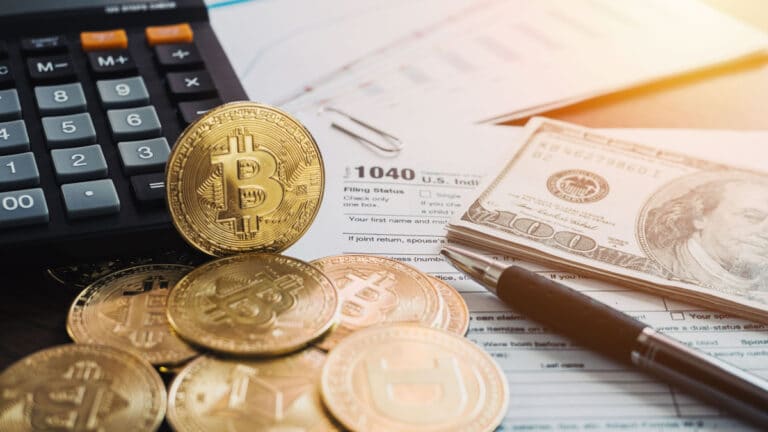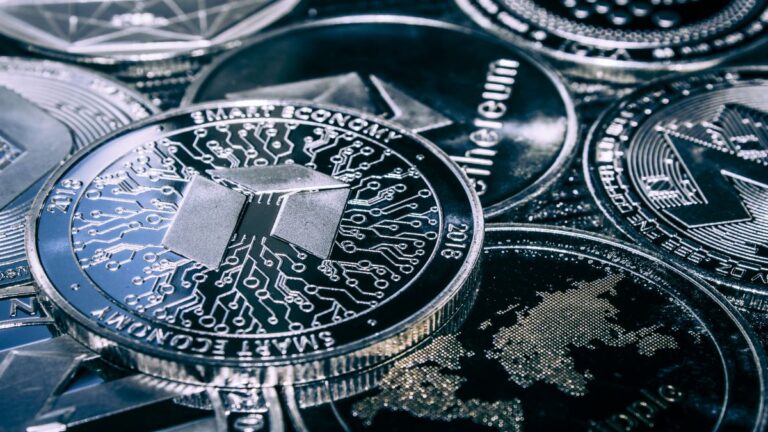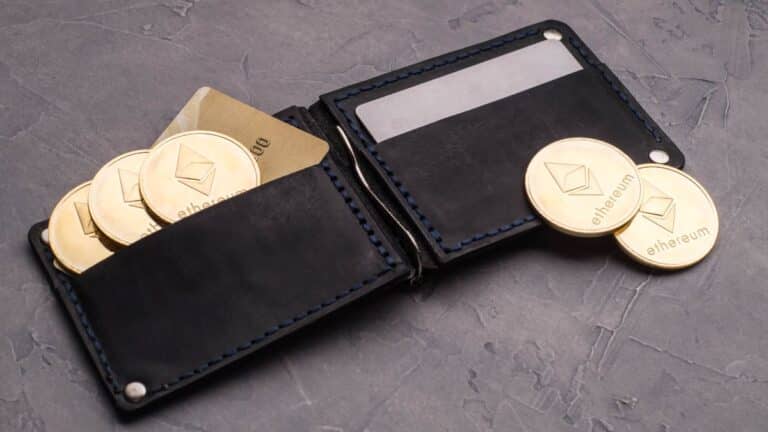Are the Layers of Fees in Buying Crypto the Huge Barrier to Adoption?

AUTHOR: Dolores Quintana
Crypto is a new currency free of many unnecessary and restrictive parts of our current system. However, a user of the fashionable Internet forum had a few questions about why crypto has yet to become more popular with the mainstream populace.
1. Fees, fees, and more fees
This commenter told how one of their transactions at a well-known exchange went down. They said, “I deposit money onto the business. I paid a small debit card fee. I trade my cash into a currency that has a currency pair with the crypto I want. Small commission trading fee. In this case, USDT. Trade my USDT for the crypto I want—a small commission trading fee. Withdraw my crypto to my wallet. There is a flat fee on withdrawal, which overly punishes smallholders.
2. Death From A Thousand Cuts
They described how this process was discouraging and said, “Overall, the entire process feels like a death from a thousand cuts. Every decision you make has a small fee, and these add up. Additionally, if you make a mistake, e.g., trading your fiat to a currency that isn’t tradable with the crypto you want and having to trade again, you pay an extra layer of fees.
Finally, if you’re going to sell on an exchange, you must engage in the exact opposite process, doubling the layer of fees again. This process is a considerable barrier to adoption as it is very off-putting for new users to see their deposit balance slowly erode as they try to buy the crypto they want. There should be fewer layers of fees, and CEXs should be more transparent about the process involved.”
3. It Costs How Much?
For example, a dissatisfied individual told a story of one of their transactions and said, “A week ago, I sold around 19,60€ of BAT into USDC. The fee was something like 1,10€. I understand that Exchanges need to make money, but 4-5%, on CDC, doesn’t feel adequate. More like tax before tax.”
4. What Makes Crypto Different?
When one user pointed out that various fees are something that people who trade commodities and securities have come to expect, “All true OP, but there are fees involved with all asset classes – stocks, commodities, real estate, etc.” and a separate comment reminded everyone that fees are charged daily on online and credit card transactions that no one ever notices. They said, “Every credit card transaction is about a 3% fee. They just don’t put it on your receipt.” Still another user rejoined, “Correct, but wasn’t that what was supposed to make crypto different?”
5. Is The Debit Card The Problem?
Just how are you making that purchase? As the original poster described it, they used a debit card. One person mentioned that the purchase method might be the problem, “It’s the same as buying stocks. Buying with a debit card is the most expensive way possible, and that’s the bulk of the fees. If you just did a bank transfer, you might have eaten 1% of your value if you bought more than $200. That’s much less money that you are spending.”
Several individuals noted that research and different payment methods could cut out some of these costs. One member said, “So easy to fix: use an ACH deposit on Binance.us, then buy BTC in USD. That is all zero fees. Then one small withdrawal fee to get self-custody BTC. You can choose to use the most expensive exchanges and complain about them. Some people thrive on pity parties. I research a little and found the cheapest path into crypto. Another noted this, “One and Two are easily avoidable. Coinbase and Kraken let you deposit from a bank account and buy with fiat. No need to do it another way.”
6. Taxes Too!
Another thing to consider is taxation on cryptocurrency purchases, as a forum member reminded everyone, saying, “And you are not even mentioning that attempting to spend like a currency as originally designed will also trigger a tax in certain countries.”
7. Are There Other Ways You Can Get Around These Charges?
Dollar-Cost Averaging is a different method of reducing your loss on crypto purchases. A user described this method by saying, “If you DCA and have your portfolio do HIFO (Highest in First Out) tax reporting, you can get tax reductions on your ‘normal’ income anytime you spend and replace below your ATH crypto purchases. It’s going, “I paid $5 in Bitcoin for a burger, but those are the BTC units I bought for $7, not the units I bought for $1.00, so that’s an on-paper tax loss that’ll save you money.”
8. What Scares You Most About Crypto?
This person shared their worst fear about crypto, which probably intimidates other potential crypto customers. They said, “My most significant barrier is the DREAD I feel when transferring crypto. One wrong letter or stupid virus, and it’s gone forever!”
9. Could Layer Two Help?
Blockchains are starting to build secondary blockchain networks, called Layer Twos, to make transactions faster and cheaper. A forum member made this significant point and stated, “This is why faster and cheaper Layer Two blockchains are going to be important to the ecosystem.”
10. Gas Fees Are A Drag
Gas fees are an extra charge native to the Ethereum network’s blockchain, charged whether the transaction succeeds or fails. One person expressed frustration with gas fees and stated, “It’s the gas fees that frustrate me. It is one thing if you have ETH and need ETH for gas. But when you want to transfer a coin but need to be holding something else for gas, that quickly becomes a game of ensuring you have enough, but not so much that it will sit there unused for ages in a wallet.”
This thread brought you this post.
This originally appeared on AmmarRangwala.com.
Ammar has started several online businesses and is a blogger who loves providing quality content to help others. He is involved with affiliate marketing, domain names, NFTs, and cryptocurrencies. Check out my blog if you want to learn more about these areas and business in general.






